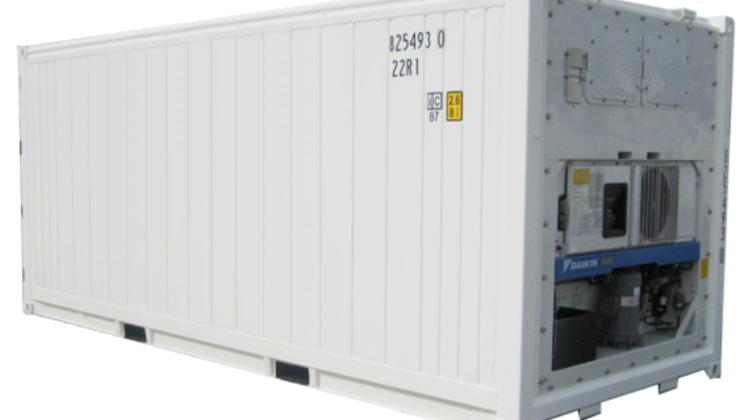
IoT standards for remote reefer container monitoring on board vessels released
Proper monitoring and handling of reefer containers is vital to maintain the quality of perishable goods during a journey. Reefer containers are embedded with an array of sensors connected to the reefer controller units, which grant access to all necessary control settings to ensure both the container and its perishable cargo can be monitored and managed. Vessel crew must physically check the reefer controller units multiple times during a voyage to ensure reefers are working properly and take corrective action if needed. This is a time-consuming, repetitive and physical task that is subject to human error.
Digital Container Shipping Association (DCSA) has published the second release of its IoT standards initiative: DCSA IoT Data Standard for Remote Reefer Container Monitoring on Board a Vessel 1.0. Developed in conjunction with member carriers, the DCSA standard defines a minimum set of data elements to be shared with the vessel crew to enable remote monitoring of smart reefer containers on board a vessel.
The remote monitoring is feasible via IoT container devices that are able to collect data from the reefer controller units, process it and send these data elements to local servers and applications on board a vessel via the gateways on board a vessel.
The DCSA standard is an important building block for interoperability and collaboration between the stakeholders. Through this standard, DCSA creates the basis to enable reefer container IoT devices to send specified reefer container data over the local network to the onboard server and applications. This allows vessel crew to monitor status information and alarms remotely. Automation of the reefer container monitoring process will be more efficient and less prone to human error, which will streamline operations on board the vessel. The vessel crew can be relieved from considerable manual workload and focus on managing exceptions, said a release.
